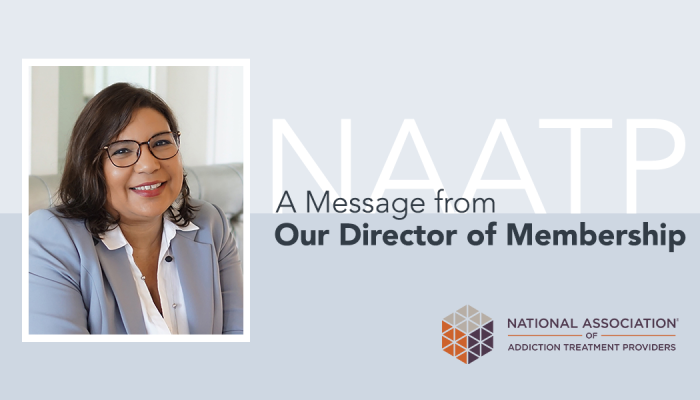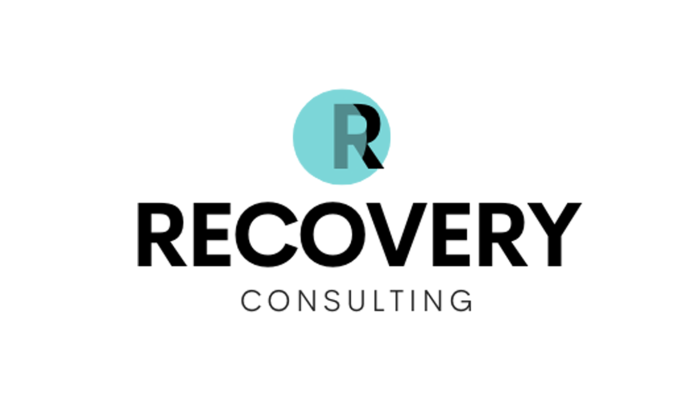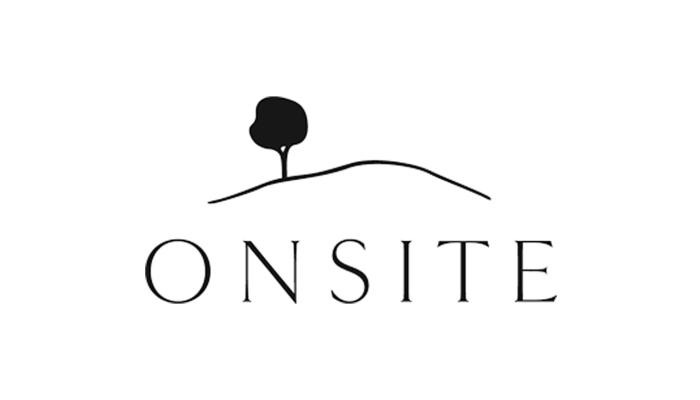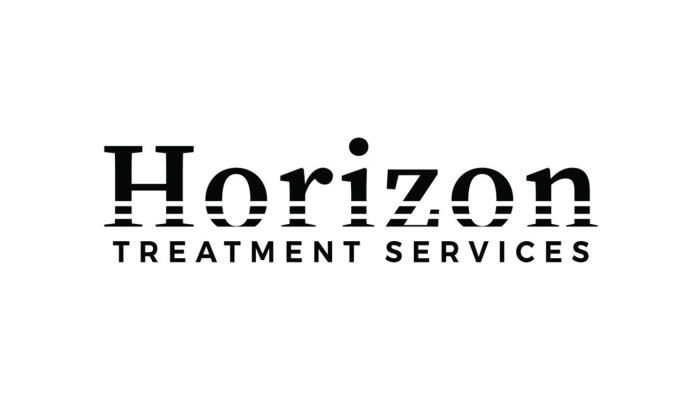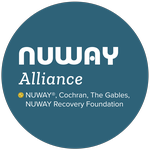Apr 16, 2021
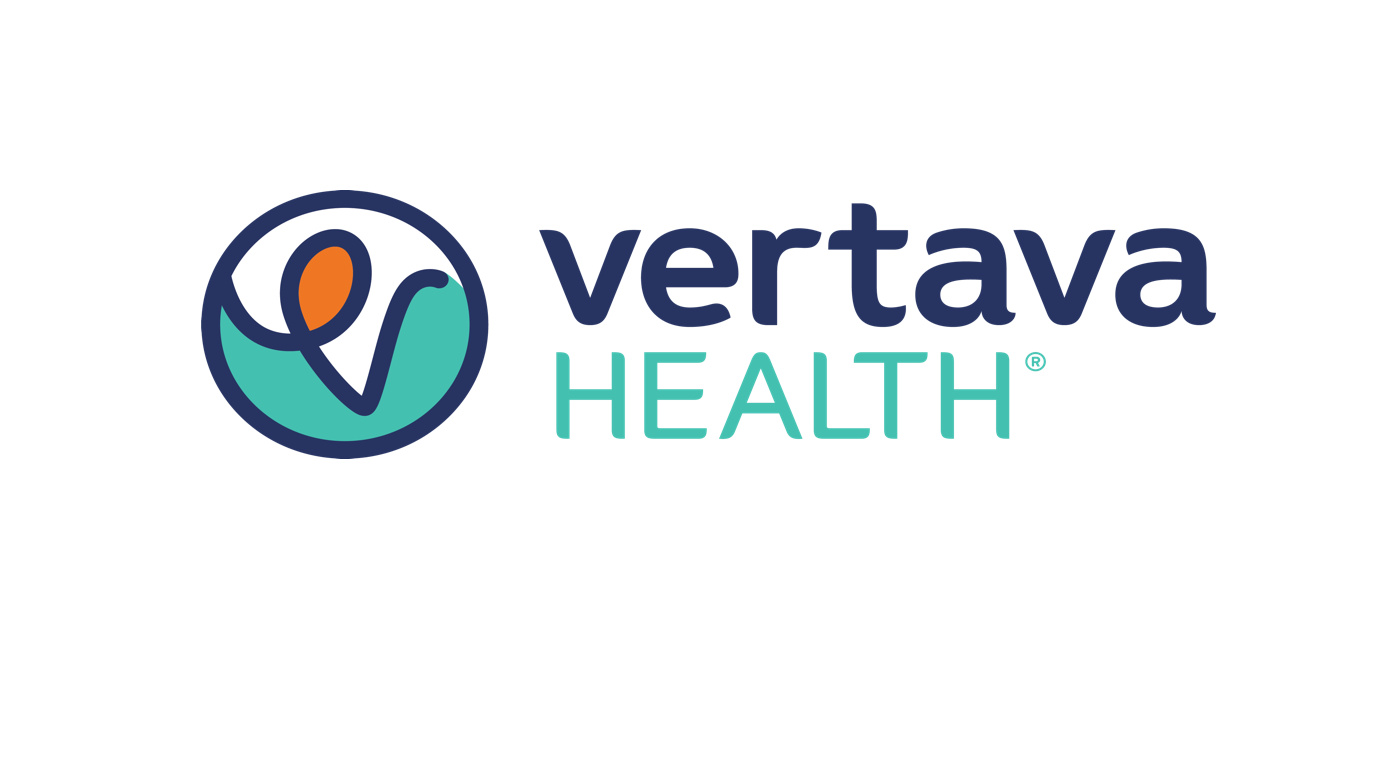
Outpatient mental health is currently one of the fastest growing subsectors in behavioral health — just ask private equity buyers, who are expected to fuel record levels of M&A this year.
Like so many other companies in the industry, Vertava Health is leaning into outpatient. The private equity-backed behavioral health company with roots in substance use disorder (SUD) treatment is planning to open 15 to 20 de novo outpatient mental health centers this year alone, with ambitions to have more than 100 within three years’ time.
It’s all part of the company’s play to become a national behavioral health care system, according to CEO Matt Morgan.
Since its founding in 2014, Vertava has grown from a single residential treatment facility in Mississippi into a comprehensive mental health and SUD treatment provider with locations in five states. In 2018, Vertava scored an investment from Summit Partners, launching the company into a new era of growth, transformation and rebranding.
Morgan, who joined the company in 2019, told Behavioral Health Business that phase of transformation is still well underway. He recently connected with BHB to discuss Vertava’s rapid outpatient expansion and acquisition goals, as well as how and why it’s breaking down care silos in behavioral health.
You can find the conversation below, edited for length and clarity.
Inside the C-Suite shines a spotlight on executives in the behavioral health space. Know a top leader who’d like to be profiled in an upcoming Q&A? Drop us a line at [email protected].
BHB: First, can you tell me a little bit about the company’s origin story and how it came to be?
Morgan: We were considered, at one point, one of the fastest growing privately held residential treatment companies in the country.
We started with one location, a detox and residential facility in the Southaven, Mississippi area, in 2014. In the couple of years that followed, the company acquired land and buildings across a number of different states to start up very similar residential and detox treatment centers. They were located in Texas, Massachusetts and Ohio.
In total, the company had more than 500 detox and residential beds and was known very early on as a large residential treatment provider for people suffering from SUD. As a result of that, in 2018, Summit Partners made an investment to help grow and expand the company, really transforming it from where it started to where the company is now headed.
I joined in 2019 to lead the overall transformation of the company and grow the business in a much different way. We’ve really been in this constant change mode.
Since the time of me joining, we’ve rebranded the company completely. We have built a standardized clinical model across our entire network. We’ve built out more of a full continuum of care beyond just detox and residential. We expanded our footprint. In addition, we brought on many talented individuals.
We have a long way to go, but we’re doing some really neat things.
What have been Vertava’s main shifts priority-wise since you came on board?
Industry change was taking place dramatically between 2014 and 2018 or 2019. You had parity laws introduced. You had reimbursement and payers changing the way in which they were viewing residential treatment providers. The industry still had this really negative stigma around addiction treatment, and mental health was not nearly the topic of conversation that it is today.
We began to fundamentally shift the way we provided care to evidence-based treatment and more of a medical model of care, versus what the company was initially positioned as, which was more of a destination, luxury rehab business.
It was fundamental in terms of where we are now moving.
Vertava’s roots are in SUD, but the company is working to expand its mental health offerings. You just announced some outpatient additions in Ohio, and you’ve teased some coming in other states, too. What’s driving that expansion?
It’s a massive need in America today and for the foreseeable future. The goal for us is to address the overall quality of care and outcomes for the patients that we currently serve, as well as those that we want to serve.
Half of US adults will experience a mental health condition or substance use disorder at some point in our lives. If you think about the pandemic, many people were affected and impacted by stress and anxiety — and continue to be.
For our patients, it was just an obvious conclusion to come to. We already have expertise serving patients with SUDs, and the reality is they also have mental health conditions that are exacerbating that condition. So we’ve continued to build our team to now help patients experience the kind of care they need beyond just for SUD.
Mental health issues are also rising in youth, so that’s an area of focus that we’re going to continue to address, and we see ourselves really rapidly expanding in that area.
Without serving the mental health market, we’re really not providing a holistic approach to the patients we serve. That’s part of who we are as an organization. It’s not just reaching patients at one part of their acute journey, but also offering aftercare and support long-term, and that includes the mental health illnesses that they may be struggling with.
I want to make sure I understand your patient base. When you’re providing those mental health services, are those offered standalone or always in conjunction with SUD treatment?
We are rapidly expanding our outpatient behavioral health and wellness centers. They are focused heavily on pure mental health.
We have psychiatrists, physician assistants and nurse practitioners that do everything from helping you cope to medical management to just counseling and therapy.
The reality, though, is this is a convergence. So much in the past, there has been a division between SUD and mental health. But the reality is, they’re so much of the same. Even those patients that were primarily diagnosed as a SUD patient, it could have been caused by a traumatic event that they never sought mental health treatment for.
Were there events that triggered some of these behaviors that we could have addressed in a much more pre-acute setting? We have to be in that mental health outpatient environment so that we can help prevent SUD.
Would you say outpatient mental health is where you’re expanding fastest? Or if not, what are you most focused on growth-wise right now?
We are heavily focused on our outpatient behavioral health and wellness centers. This year alone, we’re going to start up nearly 15 to 20 new locations.
Launching 20 new outpatient locations across our geography is quite substantial for any provider that we’re aware of in our space because it’s going to be done de novo. So we’re building these with our culture, our strategy, our brand and what we want to do.
We’re keeping an active, open mind to acquisitions that could help us launch more quickly, but the focus is on our outpatient environment.
However, we will see a tremendous growth in our inpatient business as a result of this because there are very few companies that own the full continuum of care like we do.
What goes into choosing locations for your outpatient centers? Are you colocating?
We have five predominant states that we operate in today, and because of our commercial platform, we want to penetrate those five states much more densely than anything else.
However, you will see us spread those outpatient centers around to meet the needs of where our patients are coming from.
So the example is this: We have an inpatient location in Sherrodsville, Ohio, which is a rural, remote setting. Our patients come from Cleveland, Columbus and Cincinnati, so we’re going to be putting our outpatient locations, not in Sherrodsville, but in the metro areas and the rural areas where our patients are coming from. So we’re going to become dense in our states and ensure integration between the levels of care.
Will it expand over time? Absolutely.
And part of what I didn’t cover yet that is important is our virtual care platform. We currently have several states outside our core states that we serve as a result of the pandemic, and we fully expect that to grow nationally.
Our virtual care platform is helping us identify new onsite opportunities where we want to expand beyond our current footprint. We’ll go into those areas based on the volume and the type of patients that we’re able to attract and serve, then put new on-site physical locations in new states and geographies as a result of the business that we’re developing on a virtual basis.
Now that we’ve talked a little bit about your growth strategy, I want to talk about growth goals. Beyond adding 15 to 20 outpatient centers this year, what else is on the docket growth-wise?
We routinely talk about becoming a national behavioral health care system for mental health and substance use conditions.
You’re going to see us have a deeper presence in the current states we operate in. You’re going to see us expand through acquisitions. We’ll be growing in new geographies as a part of becoming truly a national player. Our virtual platform will help us do that and become a much bigger segment of our business.
But what does it look like? In all practicality, it looks like a whole lot more locations. If you fast forward three years, we’ll have well over 100 outpatient locations. As a result of that, I would foresee us also having additional inpatient locations because of that tremendous growth.
We don’t want to be a company that just owns an outpatient business, an inpatient business and a virtual business. The real value proposition we have is being a fully integrated delivery system that manages and measures our care across all areas of focus that we provide services in to demonstrate for payers, but most importantly patients, that we provide the highest quality outcomes you can get because we manage you from beginning to end. We don’t do a bunch of handoffs.
Fast forward three or four years, we’re a very different business. We could see 50% to 60% of our business being outpatient mental health, and the remaining being substance use disorder.
I think you’ll see us providing access in the government payer space as well over time, whereas today, we’re purely a commercial player. And I think you’ll see us offering a unique digital enhancement to what we do and being hopefully one of the first few providers that deploy new technologies to drive unique value to our patients.
Can you tell me a little bit more about what your virtual program currently looks like?
We launched in April of last year, like every other company in the world, what I’d call an MVP, a minimally viable product, just to get virtual business up and running.
For us, what that looked like was a new platform, a new scheduling system and new everything that you can imagine in order to be able to do video counseling. It started as just offering the opportunity to provide intensive outpatient services and outpatient counseling as a step down to our residential treatment.
Prior to virtual, we would have patients leave our residential facilities and back to Colorado from Texas. We were only able to help that patient by connecting them to a provider in that market to do outpatient services. What telehealth enabled us to do is keep that patient connected with our therapists and maintain continuity of care.
What virtual care is evolving to is a whole other conversation: It’s reaching people that have never been in our residential or detox care. We’re just at the embryonic stage of what we think the virtual care platform will end up being.
One thing I’ve heard from a lot of deal makers in the behavioral health space is that the demand for outpatient models is going to be especially high this year, with private equity is going to be fueling that M&A fire. What does that mean for you guys?
We will be aggressive in the acquisition market.
We definitely are looking for groups of psychiatrists or practitioners that are operating in our states and markets. We are definitely open to acquiring them. That is what we’re seeking as our primary acquisition.
What is PE doing to our space? It means more competition, and that means patients have more choices, which will raise the whole quality of care in our industry. And that’s what we want.
Obviously, the cost of acquisitions goes up when other people are trying to get into this space, and that’s why we have a good de novo strategy. You have to be able to start things up from scratch to be able to compete with that.
What are the biggest challenges and opportunities that your organization is facing right now?
I think some of the negative stigma surrounding behavioral health has reduced, and that is an extremely positive thing. Another opportunity was the launch of our virtual platform. That has been an opportunity we identified prior to the pandemic, but boy, COVID-19 really accelerated it in a very extreme way.
As an industry, we have to continually back that with action at a legislative and lobbying level to ensure that the regulatory environment remains the same so that we can continue doing telemedicine.
It helps patients find services in a much more convenient way. Our most recent acquisition operated 100% virtually for the last 9 to 10 months. And it’s a pure play outpatient mental health provider, so like everyone else, I don’t know that that’ll ever go back to 100%. There will always be a large virtual component going forward so that’s a huge opportunity for us to continue growing in the business.
The challenge is the same one the industry has had for the past 20 years, and it is access. Yes, there are a lot of providers, but are they all in the right spot providing the right care? And is there an affordable, quality option for people? And do people even know how to access the providers?
For us, as we grow, same day appointments are a huge opportunity for us. It’s a challenge for a lot of providers, but what we have the opportunity to address it and say: “We’ve got a model that is organized to help you get the care you need immediately and accommodate your needs right then and right there.”
We have a lot to still do. We are just at the beginning phases of our transformation. I’m extremely excited about our future.
Article from - https://bhbusiness.com/2021/04/15/inside-vertava-healths-evolution-from-a-luxury-rehab-into-a-pe-backed-behavioral-health-system/





